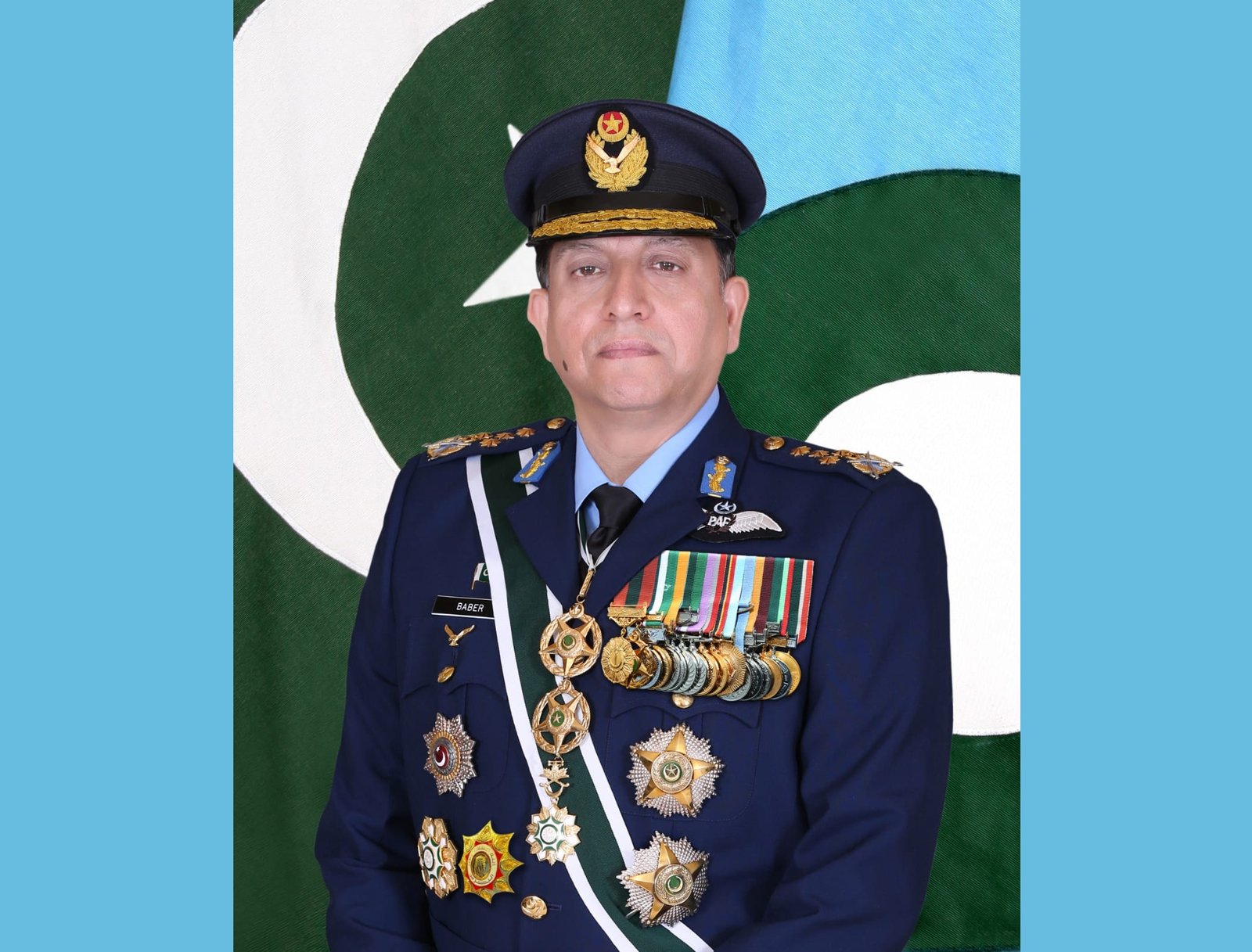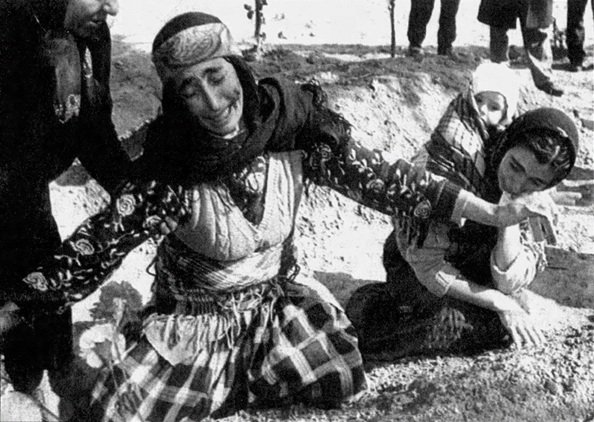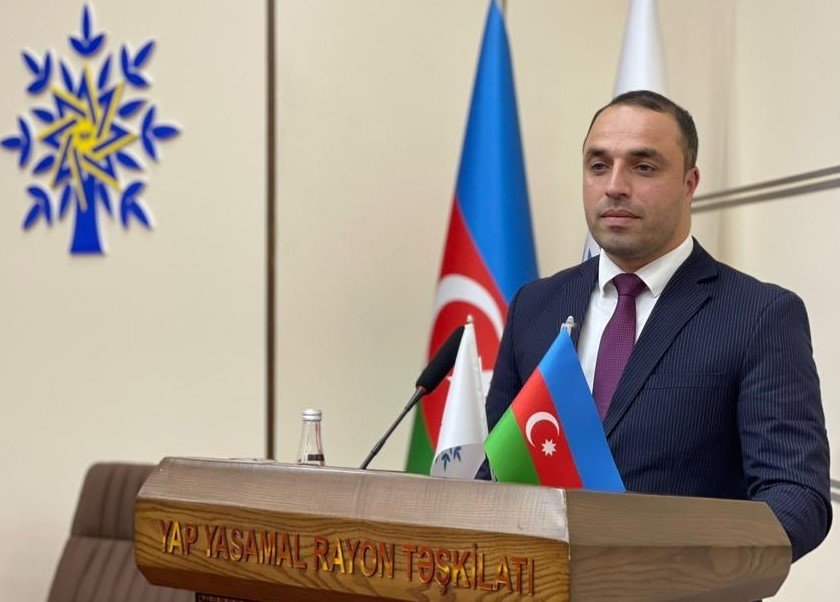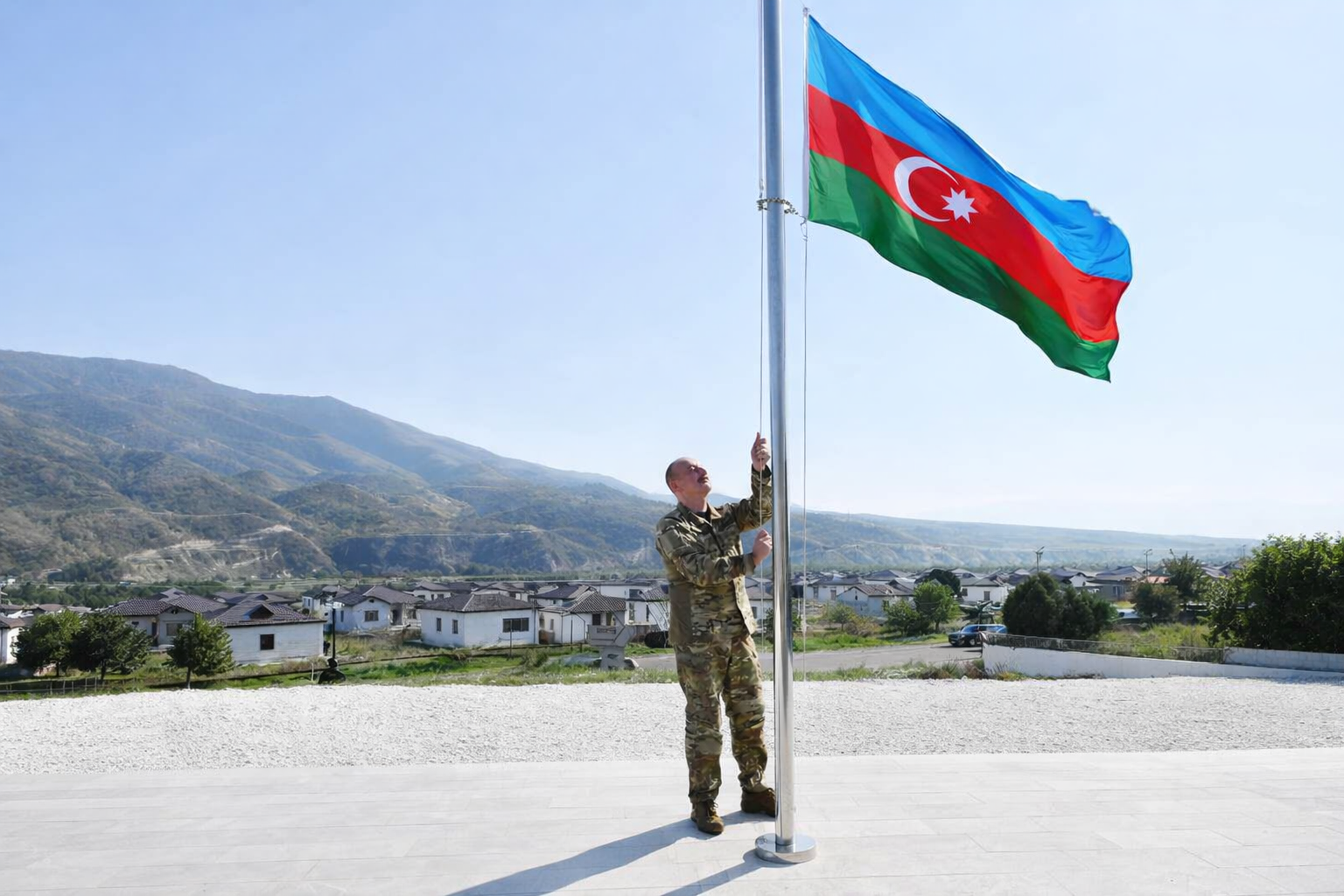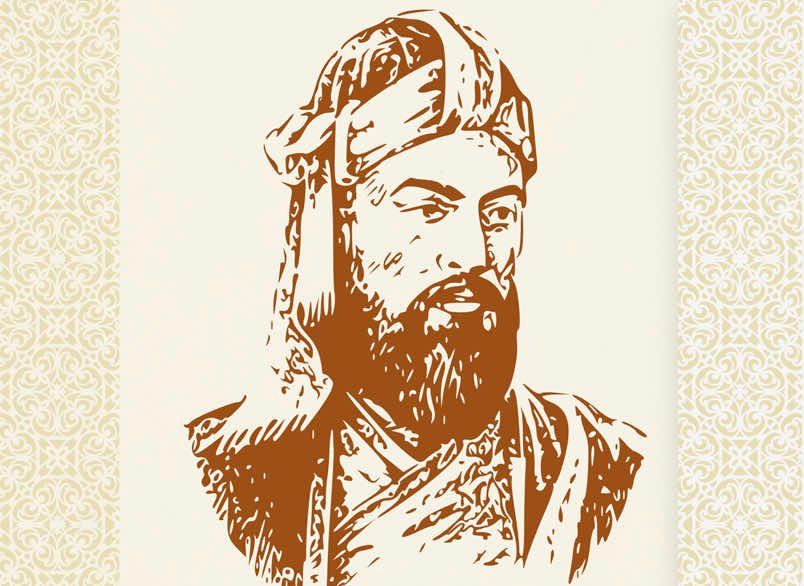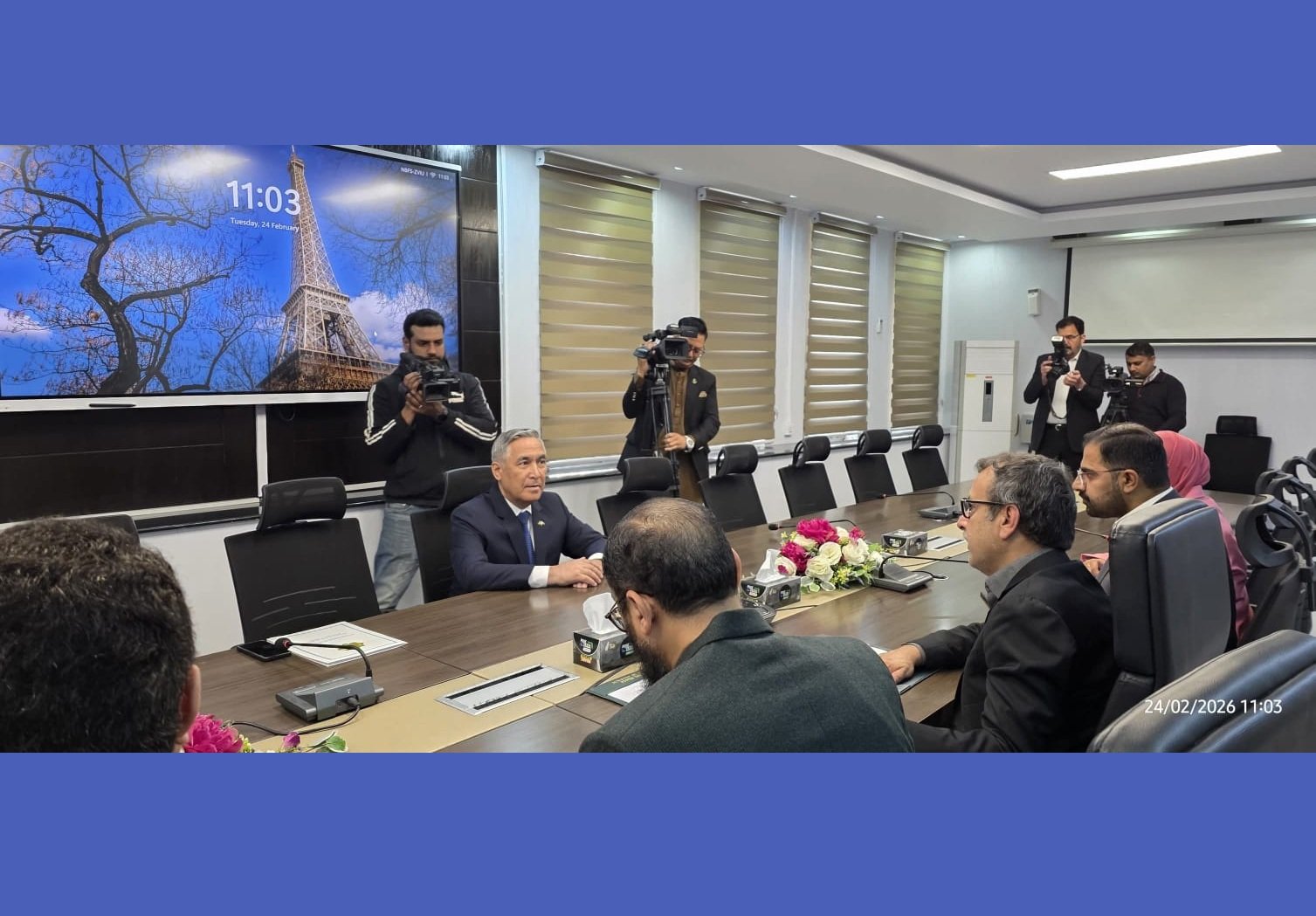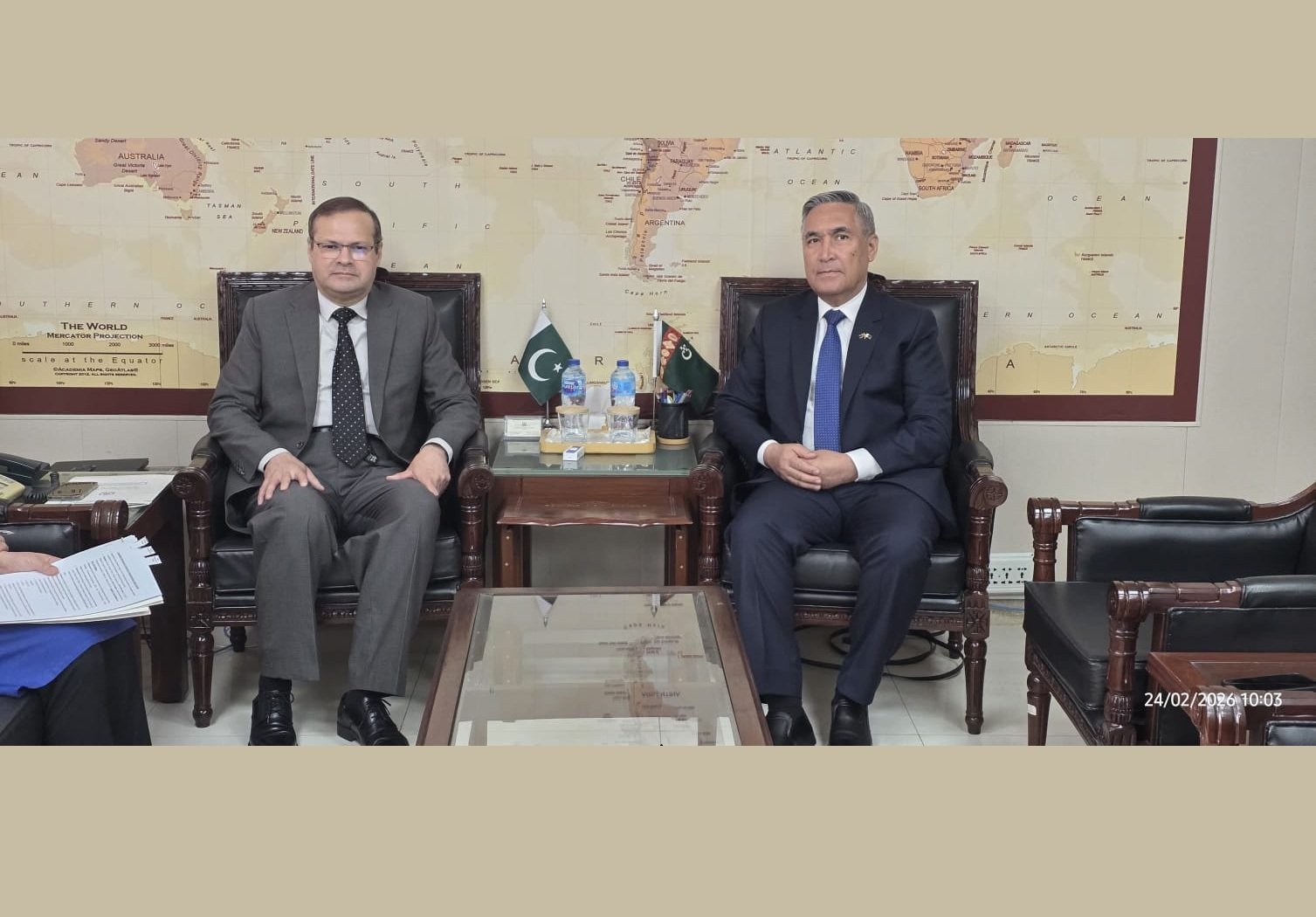Abu Nasr Farabi, the most known muslim, Kazak Philosopher, born in 870 AD ( AH 257), in Farab, a place is called Syr Darya in modern Kazakhstan. The village of Farab is in the suburb of the city of Turkmenabad on the Oxus.
Very little knowledge is available about the early life of Abu Nsar al Farabi. The Arabian historians and biographers, Al Masudi, Ibn al Nadim and Ibn Hawqal Said al Andalusi of 12th and 13th centuries brought to light some facts, that were not recorded during his lifetime or soon after his death by anyone with sound facts.
All information about his life was based on hearsay or guesses that shaped in tales or stories. From all the information collected by the historians, we come to know that his early life was passed in poorty, and in his boyhood he went to the city of Baghdad, the capital of modern Iraq.
There, he lived with the great Scholars of that time, and fulfilled his quench for knowledge from them. He studied logic, medicine and sociology with Yuhana Ibn Haylan. He also spent most of his scholarly life with famous scholars, Yahya ibn Adi and Abu Ishaq Ibrahim, according to some historians he also lived and taught in Aleppo, where the king gave him respect and offered him royal service, but he refused. He later spent his time in Damascus and in Egypt before returning to Damascus where he died in 950 or 951 AD.
As regards his scholarly contributions, he did a lot for the written Kazakh literature. He is known as the founder of written Kazakh literature.He was extra ordinary genius and was a born philosopher in different branches of knowledge. He had a very good taste for music. His great interest resulted in contribution in theoretical and practical music, that is still appreciated by the music lovers.
He invented many musical instruments and wrote a book on music named kitab al Musuqi al Kabir(Grand Book of Music), in which he expressed his philosophical concepts about music, it’s cosmic qualities and how music influences the human. He also discussed the therapeutic effects of music on different souls.
He did a great work in human psychology, he discussed in detail about the causes of dreams and diffrentiated them categorically. He made distinction between interpretation and the nature of dreams.
The essays written by him on physics are also very valuable, he worked on “Vacuum”. He explained that airs’ Volume can fill all the available space. He said, the concept of perfect vacuum is confusing.
As a philosopher, Abu Nasr Farabi is unique after that of Aristotle, his philosophical work includes, Philosophy of Society and religion, philosophy of Language and Logic, Psychology, metaphysics, Political Philosophy and Ethics.
In Philosophy Al Farabism is founded his own School of Philosophy.
Al Farabis’ work to understand the role of knowledge is a slight different from that of his pioneer philosophers. According to him God is the centre of every thing that exists, He is creater of it all. According to him, there is a great relationship between Religion and Philosophy, both describe the same reality. According to him the Philosophers’ work to obtain maximum knowledge of the intellect.
According to Al Farabi, A perfect human is he, who developed virtue in himself through knowledge. His view point is that virtue and intellect are interconnected.
Al-Farabi had great influence on Science and Philosophy for several centuries and is crowned as the pioneer in Islamic Political Philosophy. He is widely considered second only to Aristotle in knowledge in his own time. He is described as the second to teacher after that of Aristotle, who is called the first teacher. Both were interested in the concept of the active intellect.
According to Farabi an active intellect is a key for the development of human knowledge, and involves a force outside humans and God, that provides human access to become aware about divine ideas. According to him, active intellect plays a major role to achieve the goal of happiness.
He was a perfectionist in his political philosophy.
He created a political theory by combining the thoughts of his pioneer philosophers, such as Plato and Aristotle. He is of the opinion, that providing happiness to citizens is the primary goal of the State. He gave the idea of a nation in a state that behave like a single body, if any part of the boy suffers the suffering is also felt to other parts of the body.
He discussed cities that are still within the scope of ideal nations, and upto a world consisting of significant nations. His work regarding synthesis of philosophy and sufiism paved the way for the work of Avicenna.
Al Farabi wrote a commentary on Aristotle’s work, but his most important and notable work is Ara Ahl al- Madina al Fadila. In this he gave a road map for an ideal state, supposedly modeled on Plato’s Republic, in which he gives the idea of a Philosopher King.
Al Farabi gives the idea of a state which is governed by a Prophet or Imam, he idealised and favours the the Madina model state, established by the Holy Prophet Muhammad (S.A.W), and prefers it on Plato’s Republic.
If we summarize the work of Al Farabi, we can say, that:
He was a Scientist, Astronomer, Mathematician, Cosmologist, Physicist, Musician and a famous Philospher. He can be crowned as the King of all the branches of knowledge of his time. The people of Kazakhstan are rightly proud on this legend of their land, who contributed a large for the advancement of different branches of science, philosophy and music.
Director, The Europe Today

